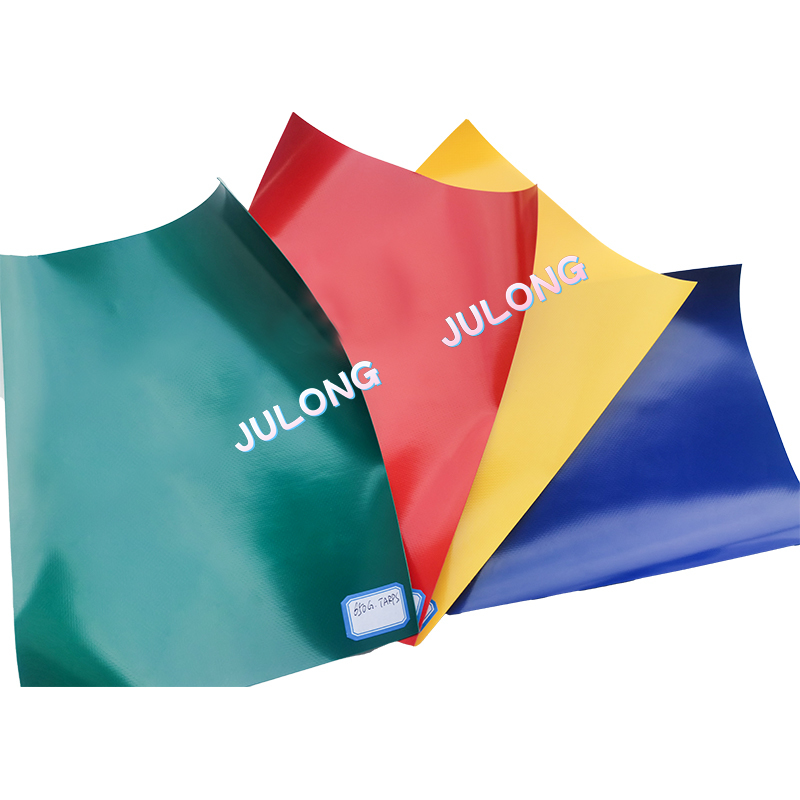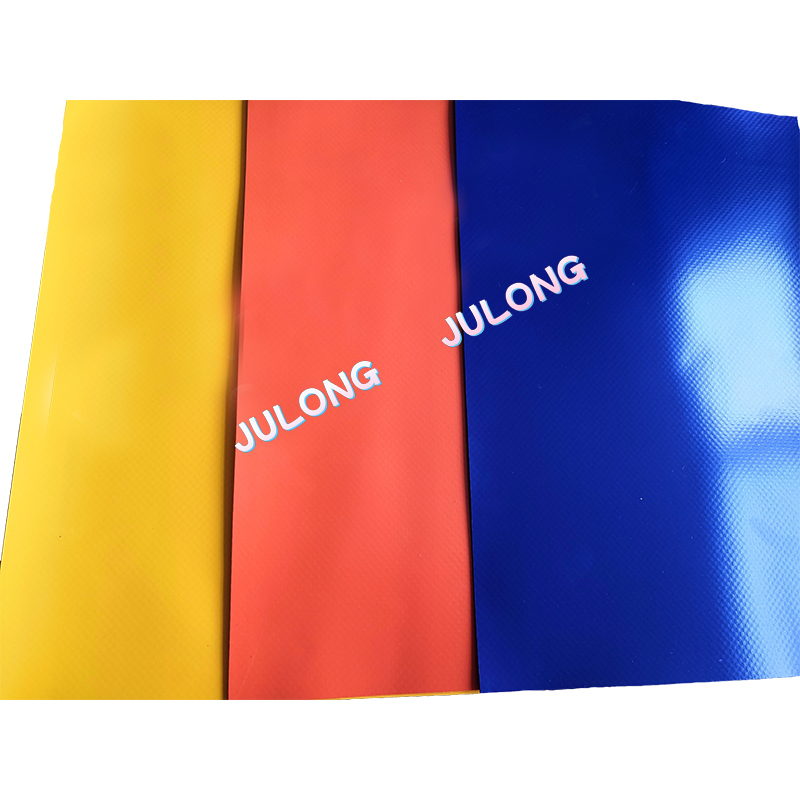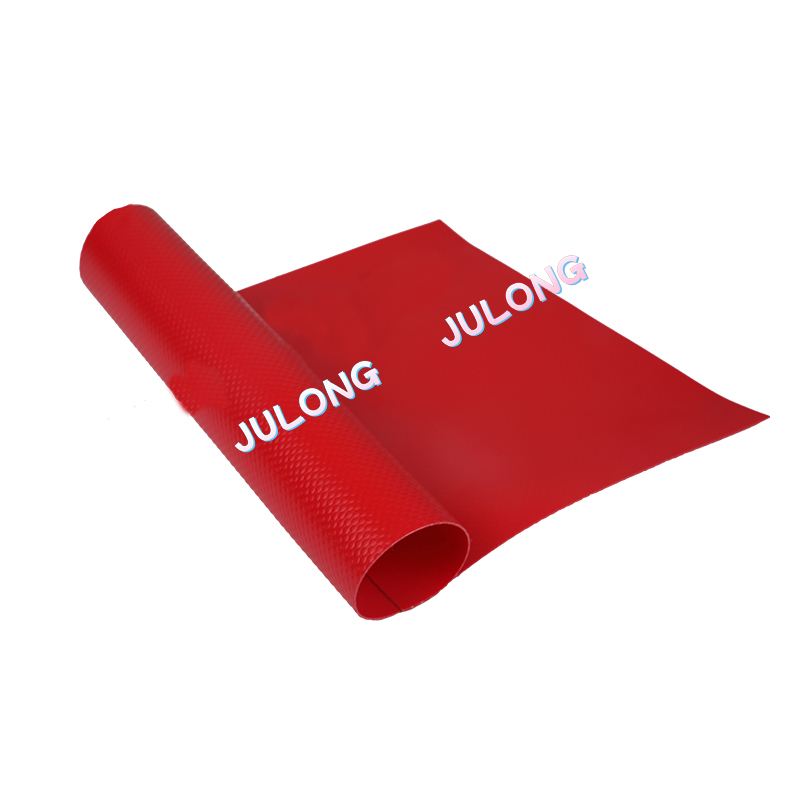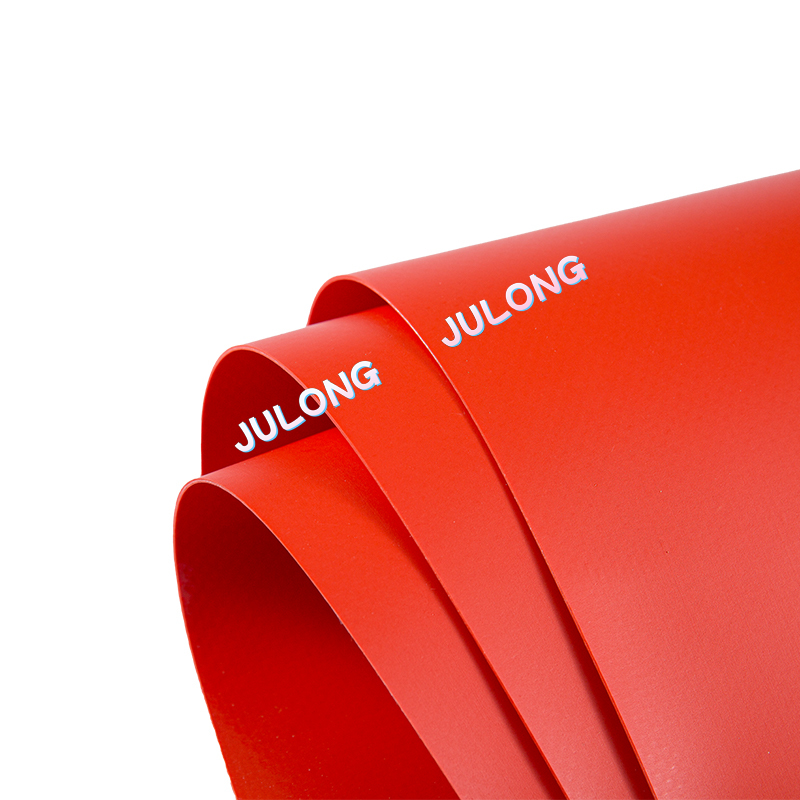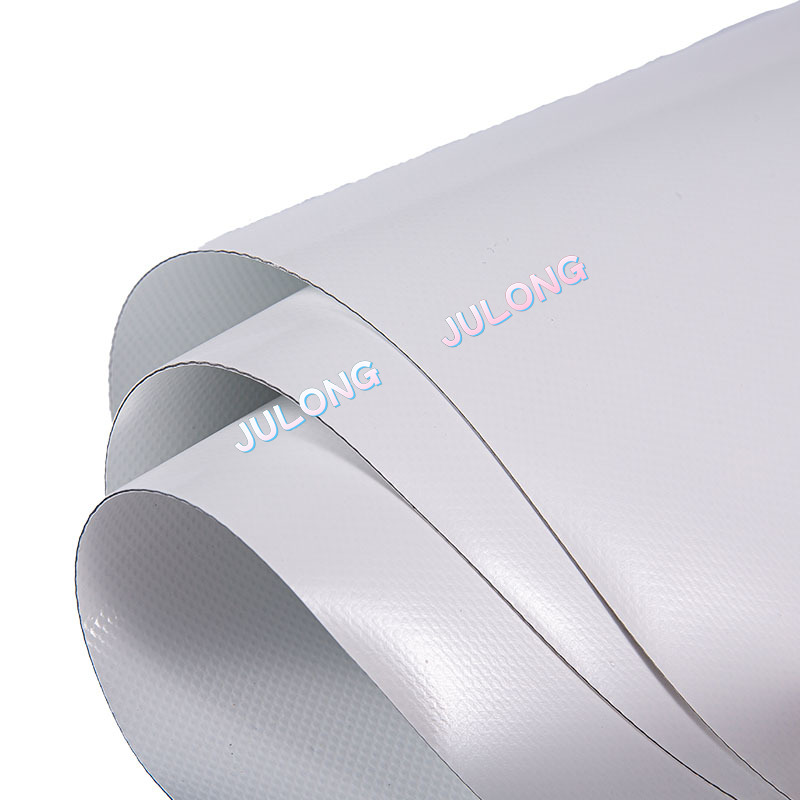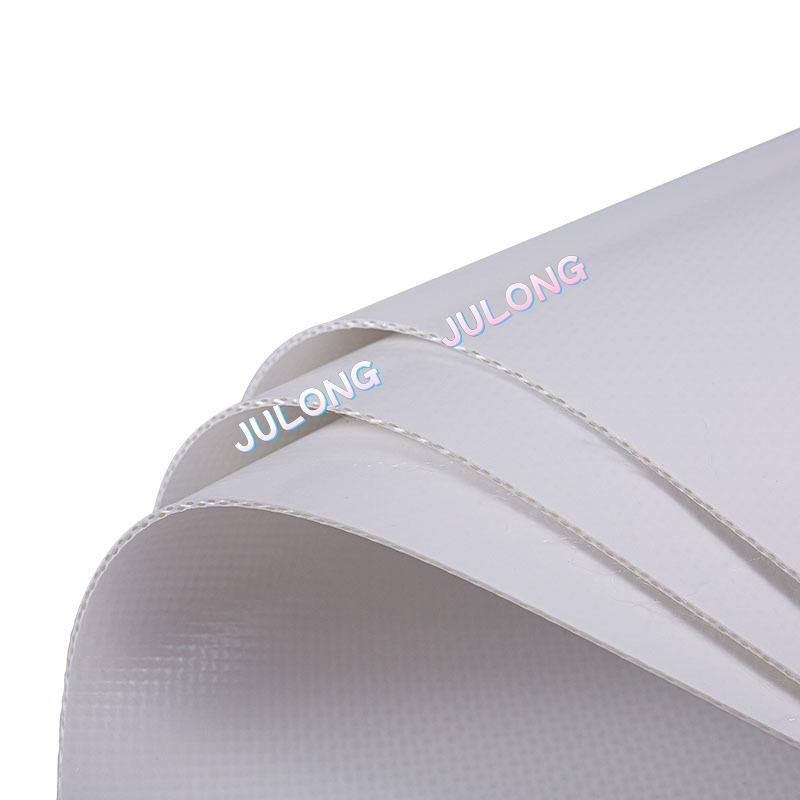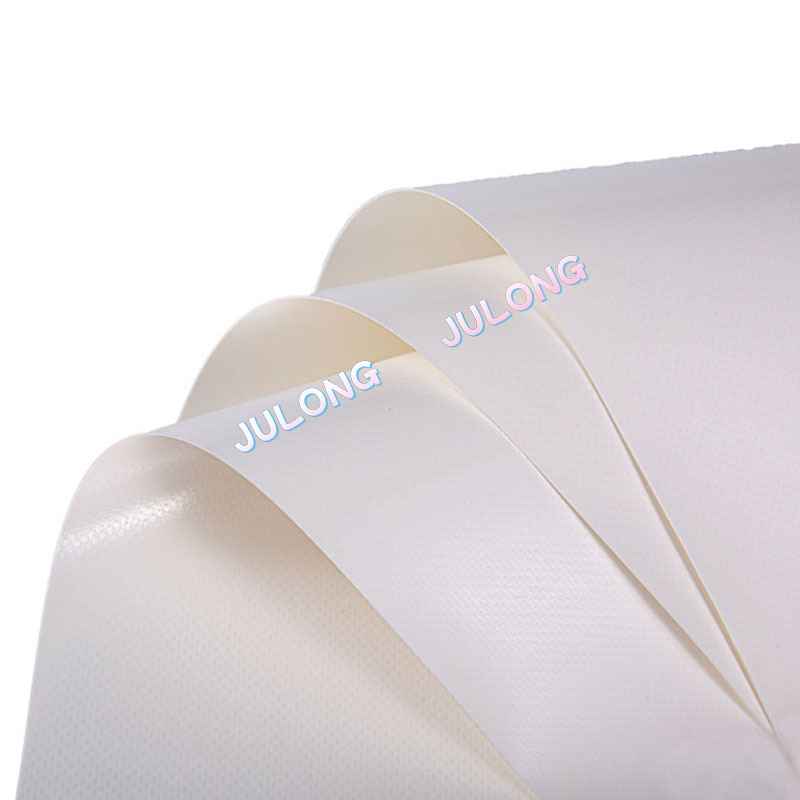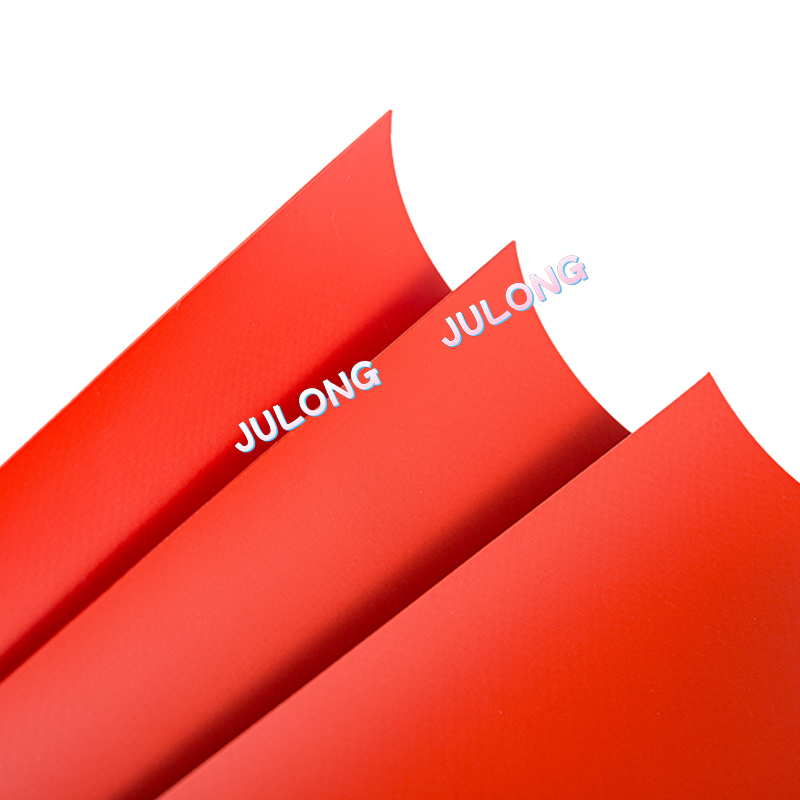To prevent damage or degradation of PVC super clear film during storage, consider the following guidelines:
Temperature Control: Store PVC super clear film in a controlled environment with stable temperatures. Avoid exposure to extreme heat or cold, as temperature fluctuations can affect the flexibility and integrity of the film. Ideally, maintain storage temperatures between 10°C and 25°C (50°F to 77°F).
Humidity Control: Keep the storage area dry to prevent moisture absorption, which can lead to warping, cloudiness, or adhesive issues with the film. If possible, use dehumidifiers or moisture-absorbing agents to maintain low humidity levels.
Protection from UV Exposure: PVC super clear film is susceptible to UV degradation, which can cause discoloration, brittleness, or loss of clarity over time. Store the film away from direct sunlight or sources of UV radiation, such as fluorescent lighting.
Avoidance of Contact with Chemicals: Keep PVC super clear film away from chemicals, solvents, or gases that could react with or degrade the material. Store the film in areas free from fumes or potential chemical contamination.
Proper Handling: When storing PVC super clear film rolls, ensure they are stored horizontally on sturdy racks or pallets to prevent distortion or creasing. Avoid stacking heavy objects on top of the film rolls to prevent damage.
Packaging: If the film is stored in boxes or containers, ensure they are clean, dry, and free from contaminants that could transfer to the film. Use appropriate packaging materials, such as polyethylene or polypropylene bags, to provide additional protection against moisture and dust.
Regular Inspection: Periodically inspect stored PVC super clear film for any signs of damage, degradation, or environmental exposure. Address any issues promptly to prevent further deterioration.



 English
English عربى
عربى